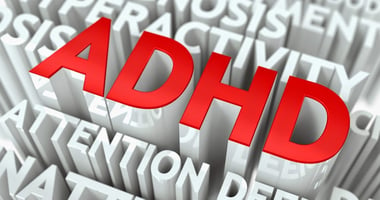A large proportion of individuals with ADHD fail to seek treatment for the disorder, and among...
Diagnosing Late-Onset ADHD May Require Ruling Out Substance Use, Other Disorders
 |
After using a multistep assessment that took into consideration psychiatric symptoms, impairment, and substance use patterns from childhood to adulthood, Margaret Sibley, Ph.D., of Florida International University in Miami and colleagues concluded approximately 95% of the patients who initially screened positive on symptom checklists should not be diagnosed with late-onset ADHD.
“Among individuals with impairing late-onset ADHD symptoms, the most common reason for diagnostic exclusion was symptoms or impairment occurring exclusively in the context of heavy substance use,” Sibley and colleagues wrote. “Prior to diagnosing or treating ADHD in late-onset cases, clinicians should carefully assess and treat substance use and comorbid mental health disorders as a potential source of symptoms.”
Sibley and colleagues analyzed data on 239 individuals who were not diagnosed with ADHD as children but participated in the Multimodal Treatment Study of ADHD as part of the trial’s comparison group (a sample drawn from the same local school, sex, and age/grade pool as the ADHD sample in the study). Participants in the comparison group received regular assessments over a 14-year period, including parent, teacher, and self-reports of ADHD symptoms, ADHD-related impairment, substance use, and other mental disorders.
Of the 239 comparison group participants, “53% of adolescents and 83% of adults who met all symptom, impairment, and late-onset criteria for ADHD were excluded because symptoms or impairment were better explained by heavy substance use or another mental disorder,” the authors reported.
They added, “The majority of adolescent-onset cases possessed transient symptoms. Thus, it may be appropriate to give provisional first-time ADHD diagnoses in adolescence and to monitor symptoms over time, as remission may occur within a few years. Further research is needed to understand how cognitive immaturity or adolescent neurocognitive changes might mimic or facilitate emerging ADHD symptoms.”
For related information, see the Psychiatric News article “Study Suggests ADHD in Adults May Be Distinct Disorder.”
(Image: Alexander Raths/Shutterstock)





